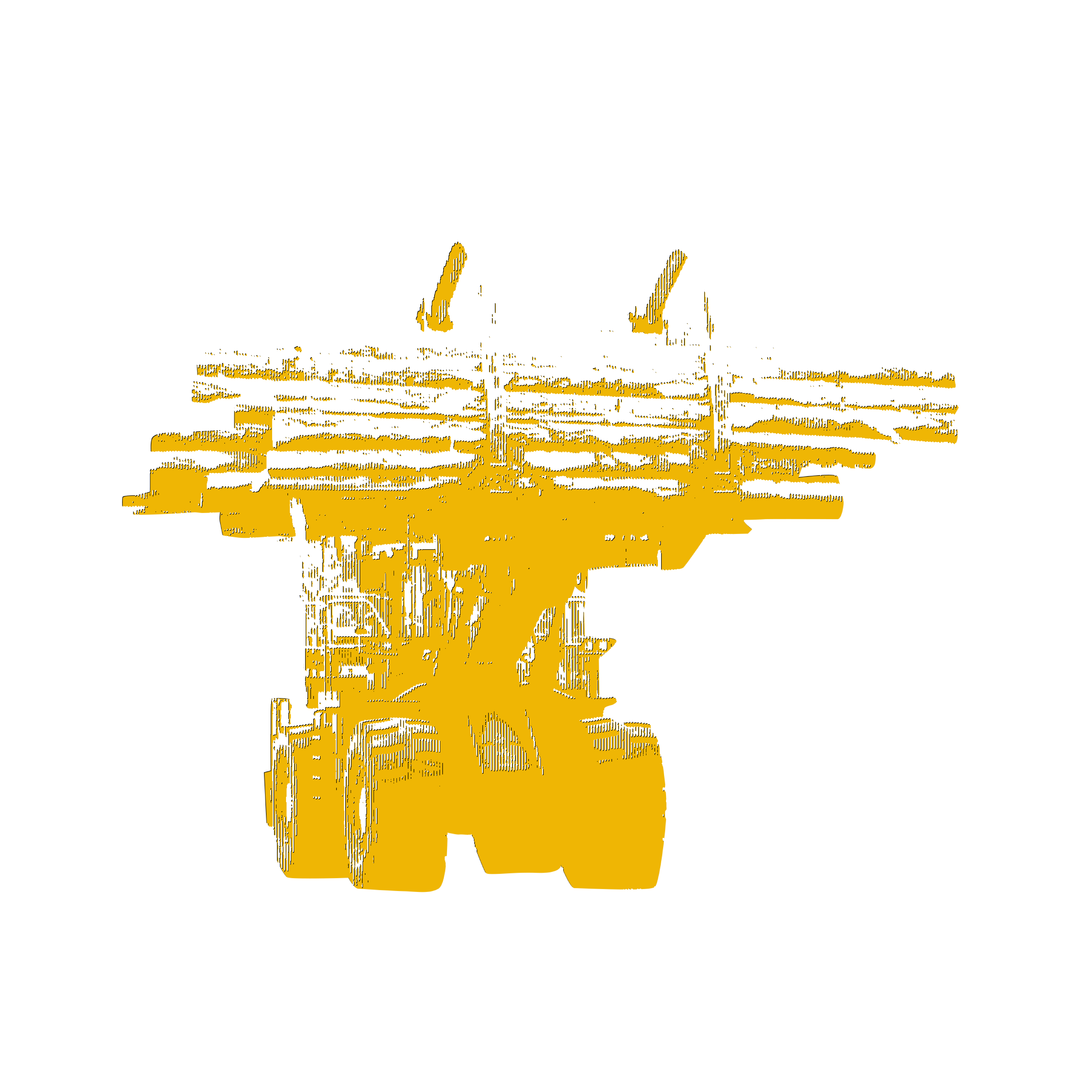This story excerpt was translated from Portuguese. To watch the original story in full, visit Jornalismo TV Cultura. You may also view the original story on the Rainforest Journalism Fund website here. Our website is available in English, Spanish, bahasa Indonesia, French, and Portuguese.
The series "Ka'apor—People of the Forest", produced by TV Cultura in partnership with the Amazon Rainforest Journalism Fund and the Pulitzer Center, shows how this ethnic group developed a special way to ensure their own survival in the state of Maranhão, in the middle of the Amazon Rainforest.
In the fourth chapter, our reporter Lais Duarte follows, with exclusivity, the patrol of the "Guardians of the Forest". With their faces painted, uniformed, and with the help of a drone, they walk 40 kilometers through the forest in search of traces of environmental crimes.
Two thousand Indians have divided themselves into 26 villages on the limits of the demarcated lands. Spread out in nuclei, they are able to patrol, monitor, and, to a certain extent, prevent environmental crimes, such as illegal land grabbing, deforestation, fishing, and hunting.
The strategy has paid off: it is possible to clearly see the green of the inhabited villages in contrast to the devastated forest outside the indigenous territory. The Ka'apor's action is a hope for the survival of both the Amazon Rainforest and countless species of endangered animals.
Lais spent 10 days with the Ka'apor and tells in five chapters the saga of this people. The edition is by journalist Jorge Valente.




